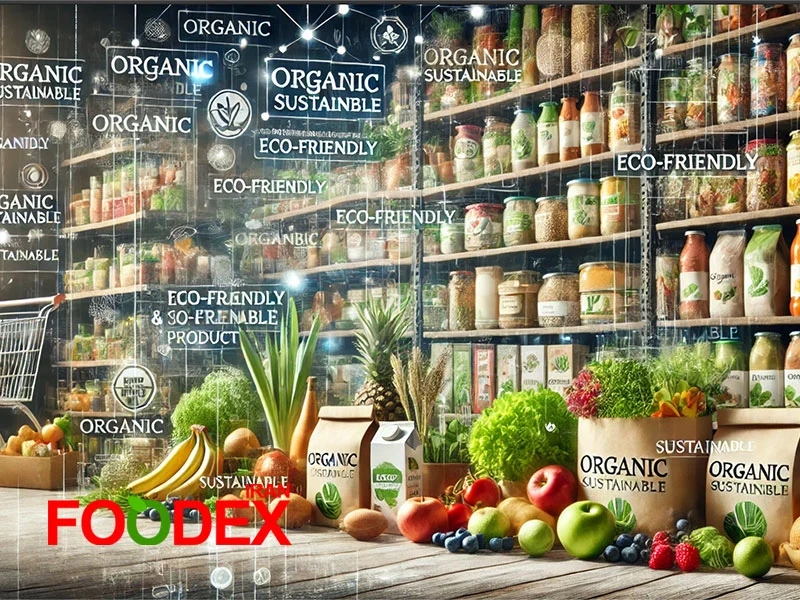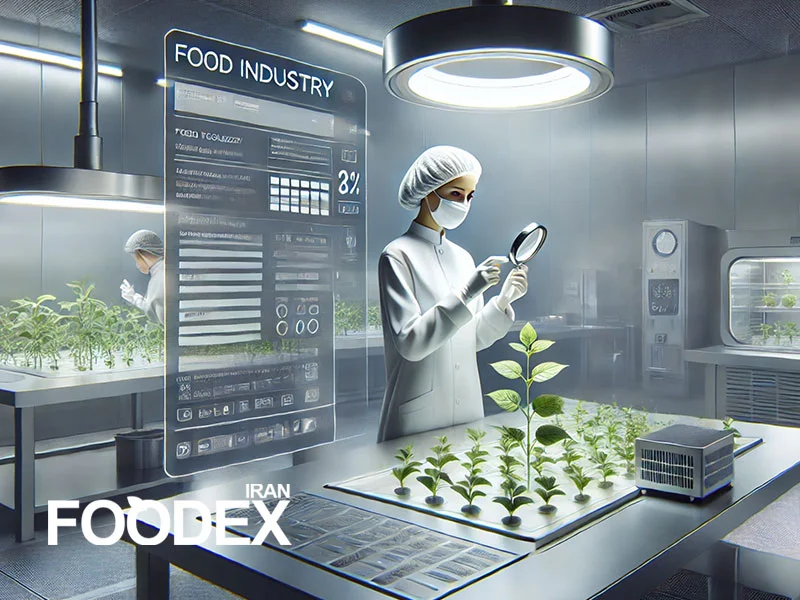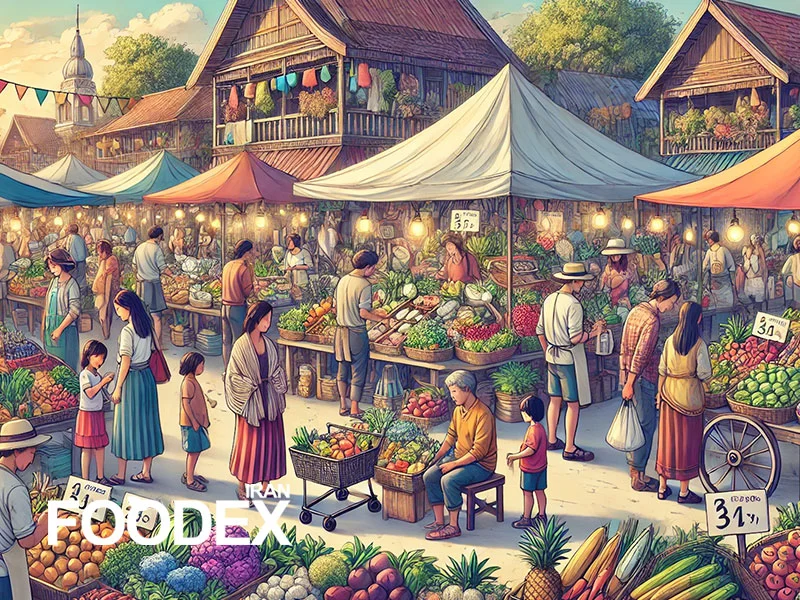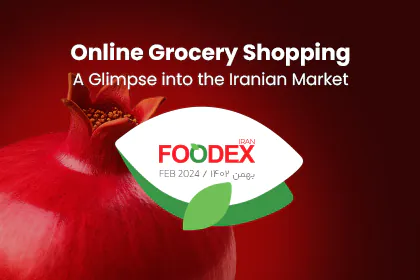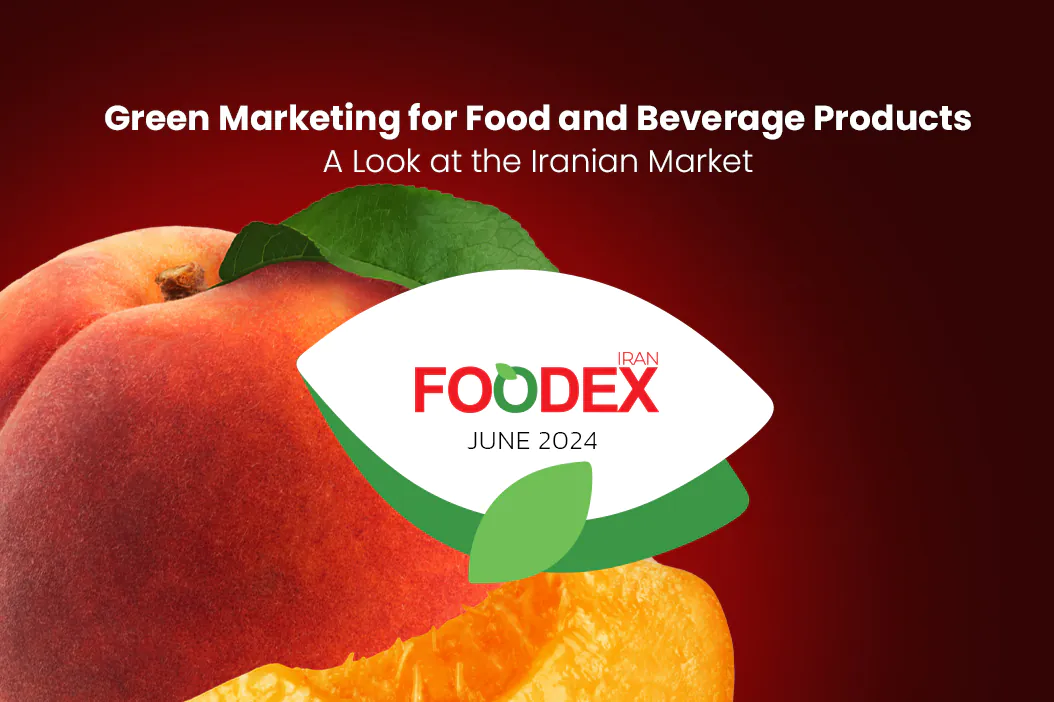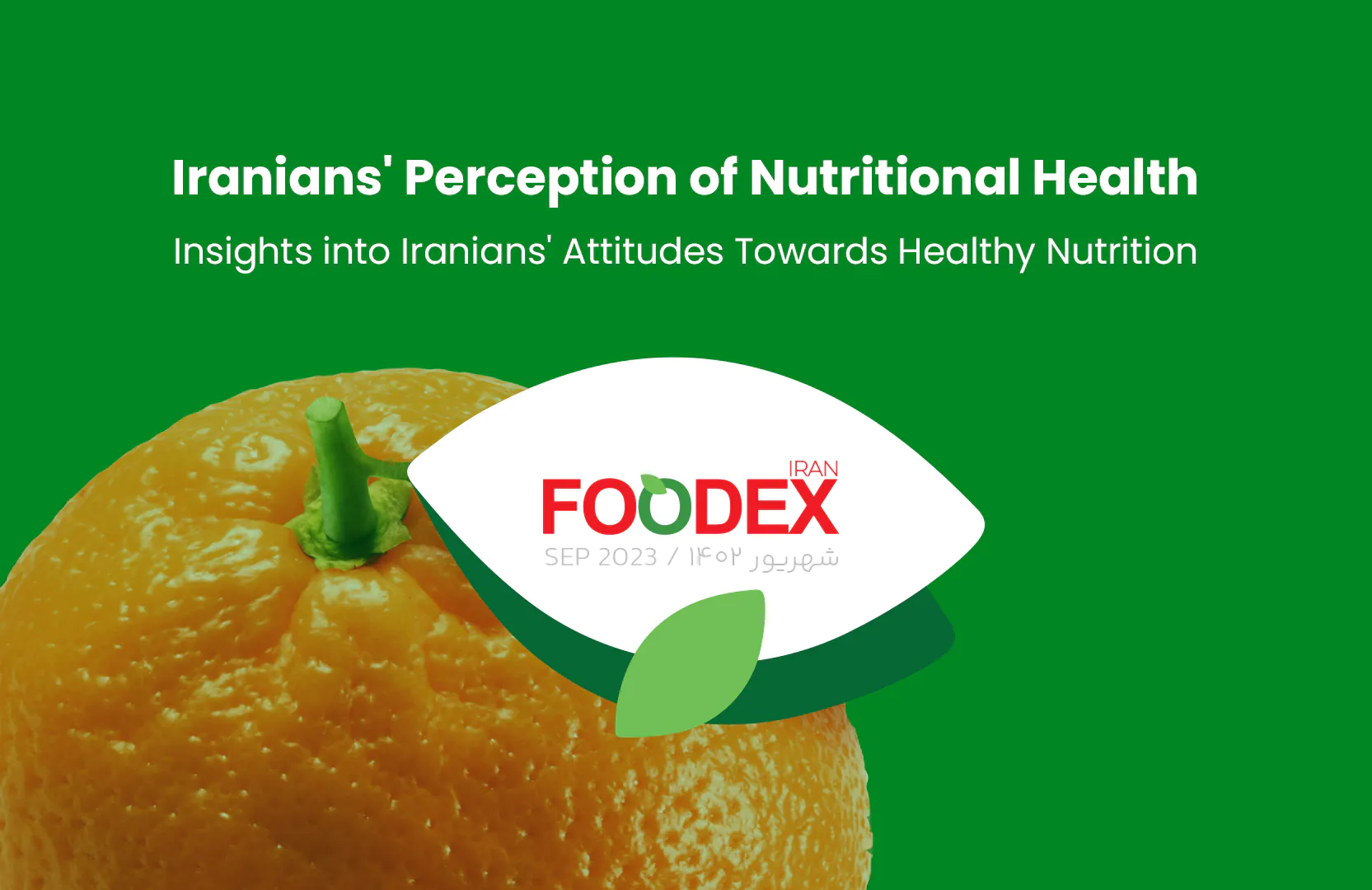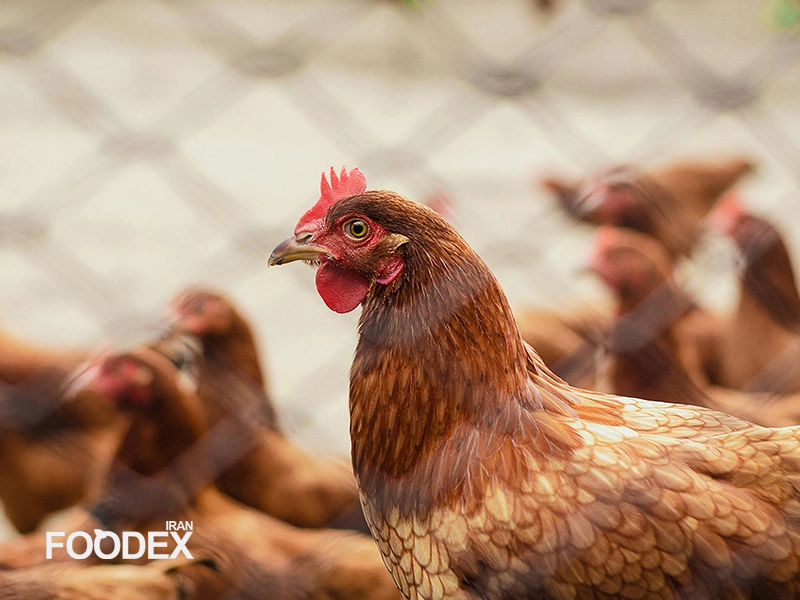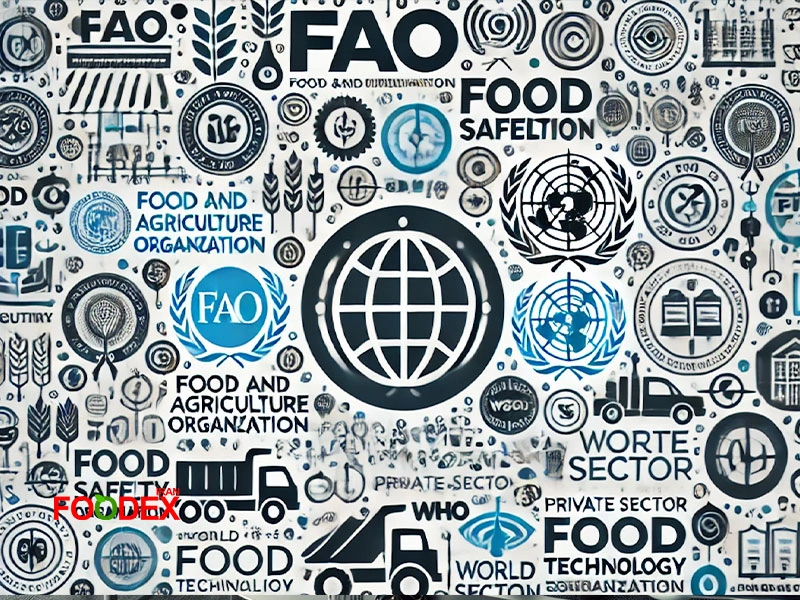The food and beverage industry is one of the fastest-moving sectors in the world, continuously driven by diverse consumer behaviour, technological innovations, and global trends. During the last few years, this industry has undergone serious changes related to emerging new markets and increased demand for products with sustainability and health concerns. These changes are affecting global markets and local marketplaces, such as Iran. To sustain a competitive advantage in Iran, native companies must be well-informed about these fluctuating global trends.
Section 1: Key Trends in International Food Industry Reports
Growing demand that is oriented toward sustainability and organic products
Over the past decade, the trend for organic and sustainable products has consequently accelerated worldwide. According to various reports from Euromonitor and Nielsen, bolder consumers are posing a growing demand worldwide for food products that are much healthier for themselves and the environment.
Report Analysis
According to Euromonitor, the organic market is growing at a very rapid pace. It is consumed most in the developed nations; the leaders are the U.S., Germany, and France. Consumers are avoiding food that has been treated with chemicals and is processed, for which they are ready to pay a higher price than is charged for organic foodstuffs that boast of low fat and are eco-friendly. Nielsen adds that people have become more ecologically aware of their surroundings, and many are ready to spend more on sustainable products.
Impact on Iran
This consumer shift is felt globally and has reached the Iranian bos. There is a rising demand for bio and locally sourced food. Iranian farmers and food producers can meet this increasing need by integrating a sustainable farming approach, with no chemical use, into their practice to credential their products for an appropriate response to the growing market.
Innovation within Packaging and Logistics in Food Industry
Due to this, one of the important development points within the food industry has been innovation in packaging and logistics. Smart and ecological packaging substitutes the customary method, and new logistics technologies transform the food supply chain.
Smart Packaging
According to Deloitte and Euromonitor, other innovative packaging options include biodegradable and smart packaging. These alternatives will not only be greener but can also offer consumers real-time information about product freshness and storage conditions.
Smart Logistics
The use of technologies like IoT and temperature control systems has seen huge advances in logistics. According to Statista, leading food firms reduce food waste and improve the quality of their products by effectively embedding such technologies in supply chains.
Section 2: Influence of Technology and Digitization on the Food Industry
Artificial Intelligence and Big Data in Food Supply Chain
Using Big Data driven by artificial intelligence optimizes the performance chain of food supplies. These technologies help companies analyze consumption patterns to optimize production and distribution processes.
AI Applications
The report McKinsey estimates that if AI does data analytics for demand forecasting, substantial food wastages will be reduced, in addition to greater efficiency. These algorithms foretell the need in future markets by analyzing previous data and consumption daily to avoid overproduction and overshooting.
E-commerce Startups in Iran
In Iran, few startups have entered the online food market. Online food-consuming platforms Digikala and Basalam allow customers to buy high-quality food products. The rapid growth of e-commerce in this sphere provides unlimited opportunities for new businesses to thrive.
Section 3: Climate Change and Sustainability: Driving Food Industry Trends
The Impact of Climate Change on Food Production
One of the significant challenges to world food industries is climate change: Reports by FAO or OECD state that extreme weather conditions, such as droughts and floods, along with a decline in biodiversity, affect food production and security worldwide.
Challenges for Iran and Opportunities
Due to special geographical features and climatic conditions, climate change is highly affecting Iran. According to reports from the FAO, the agricultural parts of Iran will suffer from less water availability and higher temperatures. On the other hand, opportunities have such positive prospects, allowing Iran to adapt to certain alleviation in its challenges through modern irrigation techniques and sustainable farming practices.
Global Food Waste Reduction Efforts
Food wastage is another major problem the food industry faces worldwide. According to FAO and the World Bank reports, several million tons of food are thrown away yearly. Advanced nations have addressed this issue through proper technology, policies regarding waste management, and awareness campaigns.
Strategies for Iran
Food waste has become the top priority among Iranian policymakers. Reducing food waste will be easier with the help of adapting new technology in the supply chain and consumer education.
Section 4: The Future of the Food Industry
Leading Reports Forecasts Analysis
According to Statista and Euromonitor, the leading global reports, demand for healthy, sustainable, and organic foods will rise further in the following years. New technologies like AI and blockchain are said to make a big difference in making food supply chains richer and managing resources differently and effectively.
Food Business Opportunities and Challenges in Iran
Global trends accordingly provide Iranian businesses with a great number of opportunities for growth and development. Thanks to the acquisition of international data and the importation of technological novelties, Iranian food firms have been able to plan long-term strategies that will enable them to compete internally and externally.
Conclusion
The rapid evolution of the food industry, influenced by global trends such as the growing demand for sustainability, innovations in packaging, and technological advancements, is shaping its future. By closely following international reports, Iranian food businesses can adopt more effective strategies and enhance their competitiveness in the global marketplace.
Foodex Iran has conducted extensive research to provide a deeper understanding of Iran’s food and agriculture industries, making these reports freely available to the public.
Click here to download the reports.
Sources
FAO (Food and Agriculture Organization)
Euromonitor (Global Market Analysis)
Nielsen (Consumer Behavior Analysis)
Statista (Global Statistical Data)
McKinsey (Management and Innovation Consulting)
Ehsan Allahverdi
Executive Manager of Foodex Iran
Marketing Consultant for Leading Food & Beverage Brands
website | linkedin

